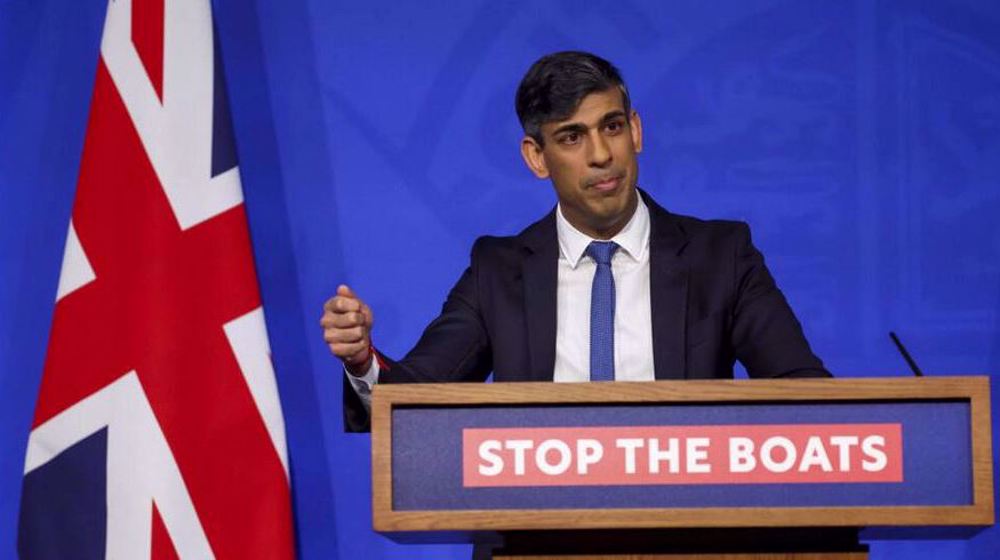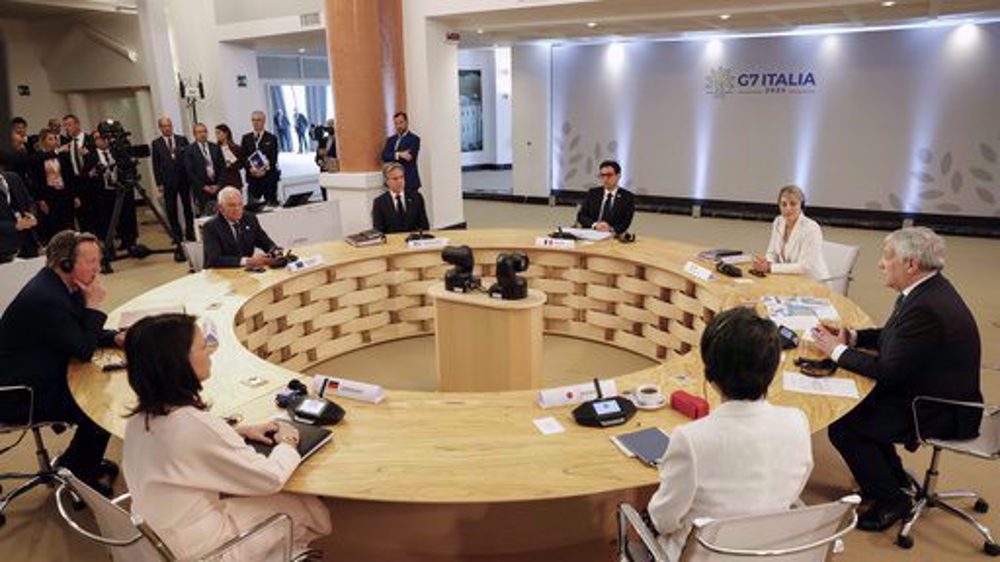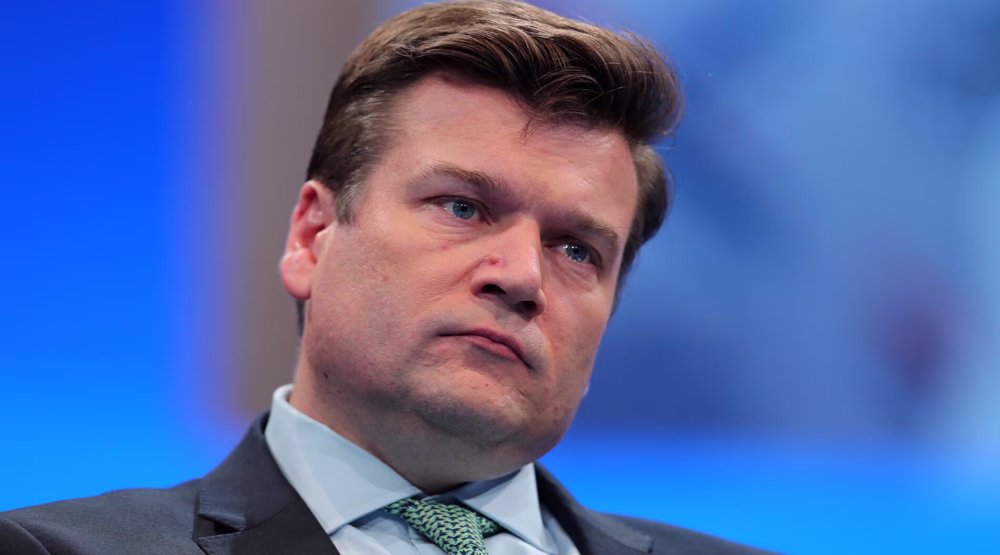US pushed UK into Iraq war too early: Ex-UK ambassador
A former British ambassador to the United Nations says the US pushed Britain into invading Iraq “too early” because Washington believed a UN resolution for the military action was a “waste of time.”
The Chilcot inquiry into the role of the UK in the Iraq war published a report after seven years of investigation on Wednesday.
The long-awaited report said that former British prime minister Tony Blair overstated the threat posed by Saddam’s supposed Weapons of Mass Destruction (WMDs), deployed ill-prepared forces to the Arab country and had “wholly” inadequate plans for after Saddam’s ouster.
The report concluded that the military action was not the last resort.
Jeremy Greenstock, UK ambassador to the UN in 2003, said on Wednesday that Blair had wanted a UN resolution for launching the military action, but senior US officials believed that it was a “waste of time.”
Greenstock noted that he felt Blair had wanted to wait longer before beginning military action.

"I felt that at the time, the British felt it at the time, I think the prime minister felt it at the time, that the Americans pushed us into going into military action too early," he said.
He stressed that it would have been “much safer” to give weapons inspector six more months to go ahead with their investigation in Iraq.
Blair had wanted to secure a UN resolution for the war but that US officials were not committed to it, the former UK envoy to the UN also said.
"The Americans weren't genuine about it - but the prime minister was genuine about it - because he thought there was a chance that Saddam could be made to back down before we had to use military force,” he said.
"And George Bush for a while agreed with him. But other people behind George Bush didn't agree with him and thought it was a waste of time," Greenstock added.

General Tim Cross, a British general involved in planning the war, said that ex-US defense minister Donald Rumsfeld would not listen to the UN or Britain about the aftermath of the invasion.
The US dismantled the Iraqi army and Saddam’s Ba’ath party without any consultation, Cross added.
However, Paul Bremer, the US administrator to Iraq following the invasion, said that British officials had been briefed about the strategy of dealing with the ruling party.
"That particular decision was approved by the president of the United States, the secretary of defense, by the joint chiefs of staff of the United States. It was previously discussed by my national security adviser with authorities in London 10 days before it was issued - he received no objections,” he added.
VIDEO | Iran marks defeat of US military operation in Tabas Desert
VIDEO | Press TV's news headlines
US troopers crack down on pro-Palestinian protests at University of Texas
VIDEO | German warship departs Red Sea as EU 'naval mission' fails
VIDEO | Palestinians inspect rubble of destroyed building in Rafah
Yemeni forces strike US, Israeli vessels in fresh pro-Palestinian operations
‘Say no to Biden’: US college being pressed not to endorse genocide
VIDEO | UN: Alarming food insecurity crisis grips Afghanistan










 This makes it easy to access the Press TV website
This makes it easy to access the Press TV website